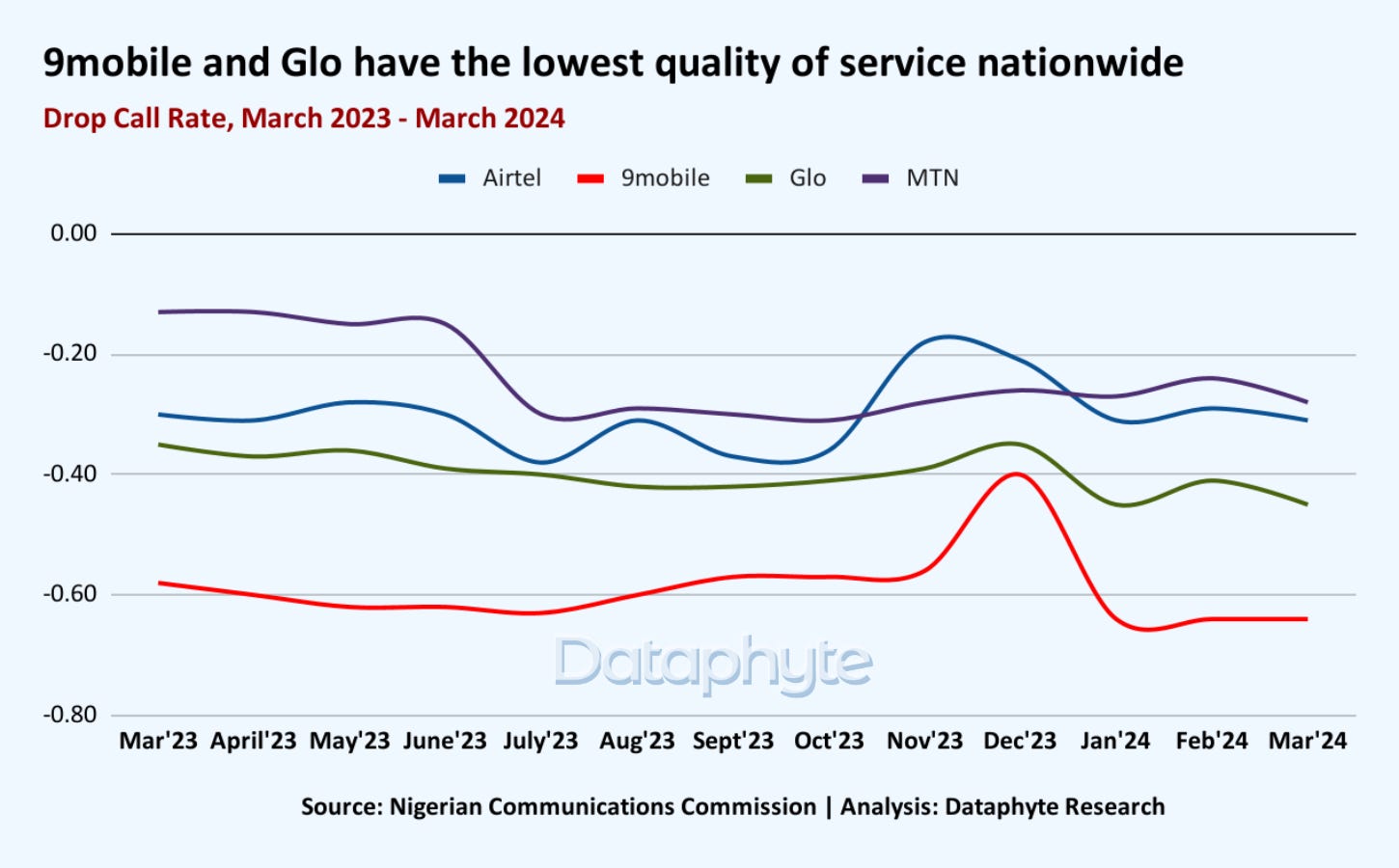The Nigerian Communications Commission (NCC) has agreed to a 50% tariff hike for telecommunication operators. Last week, the Minister of Communications, Innovation, and Digital Economy, Bosun Tijani, shared on national television that the federal government would not allow the commission to increase tariffs by more than 60%.
The sector’s operators had claimed that they will need a 100% tariff hike to be able to sustain their operations and services amidst the current economic climate in the country. They based their demand on the fact that tariffs have remained unchanged since 2013, despite “rising cost of operations and declining revenues.”
Telecommunications in Nigeria was built on the liberalisation of the sector between 1999 and 2003, which granted licences to Mobile Network Operators such as MTN, GLO, Airtel, and 9Mobile (previously Etisalat) to carry out their operations nationwide.
With this policy, each network provider can independently introduce new tariff plans to ensure profit for their sustainability. According to the commission, the policy also paved the way for the sector to meet the telecommunication needs of the country. However, previous studies have shown that consumers of these networks are often dissatisfied with the services offered by their network providers due to poor quality of service.
Concerns have also been raised about the proposed hike. The costs of internet subscriptions will further increase the cost of living for Nigerians struggling with increases in other areas like food, fuel and accommodation.
With more than 157 million Nigerians subscribed to telecommunication services, mobile telephony and internet connectivity has become part of the daily activities of individuals and businesses. Nigerians’ internet connectivity is predicated mostly on MTN, the operator with the largest market share in the sector.
The dynamic cost of bundles
In West Africa, Nigeria pays the second-lowest amount for a 2GB monthly data subscription at $2.3 compared to other countries in the region. This is why the telecommunication companies are asking for an increase in tariff, citing the impacts of inflation and naira devaluation on their sustainability. Apparently, the mobile operators can no longer afford to provide services at the current rate. Most especially, given the need to address their infrastructural deficits and underperformance over more than a decade of operation.
MTN, Airtel, Glo, and 9Mobile have cried out that the current tariff plan is unsustainable for their growth. The costs of maintaining and expanding their infrastructure with the present economic challenges in Nigeria led Karl Toriola, the Chief Executive Officer of MTN to disclose in October 2024 that “[their network] may shutdown without tariff hike.
That was not the first time of making such a public assertion.There are other instances, such as here, and here where the telecom companies are seeking a hike in their tariff. However, successive governments since former president Goodluck Jonathan have resisted approving a tariff hike, showing concerns about its impact on consumers' pockets.
Epileptic service
Beyond the impacts of the hike on consumer spending, the irregularities of the network services across Nigeria remain another issue. For instance, data on drop call rates from NCC website shows that 9Mobile consumers face the poorest network connections nationwide, followed by Glo. MTN and Airtel show only a small performance dip between March 2023 and March 2024.
According to the NCC, a dropped call is a call that is prematurely terminated before the exchange of conversation between the caller and the person at the other end of the call. The prevalence of these dropped calls is as a result of unmet policy and national infrastructure targets in the Nigerian National Broadband Plan in 2020 to ensure effective coverage.
Going by the plan, the sector is expected to deliver data download speeds of at least 25 Mbps in urban areas, and 10 Mbps in rural areas. However, poor infrastructure and high internet costs have left millions of Nigerians without internet access, according to a national publication last year.
Nigerians are already assailed by the financial pressures of the current economy, making it difficult to prioritise data subscriptions over other essential needs. If they are expected to make such sacrifices, it is imperative that quality service is provided to ensure they get value for their money.
On the other hand, it will be difficult for mobile network operators to make the necessary investments in infrastructure that will improve that quality of service, if tariffs cannot rise adequately to meet costs. It is essential that a viable middle ground is found.
Thanks for reading this edition of Pocket Science. It was written by Salako Emmanuel and edited by Joachim MacEbong.









